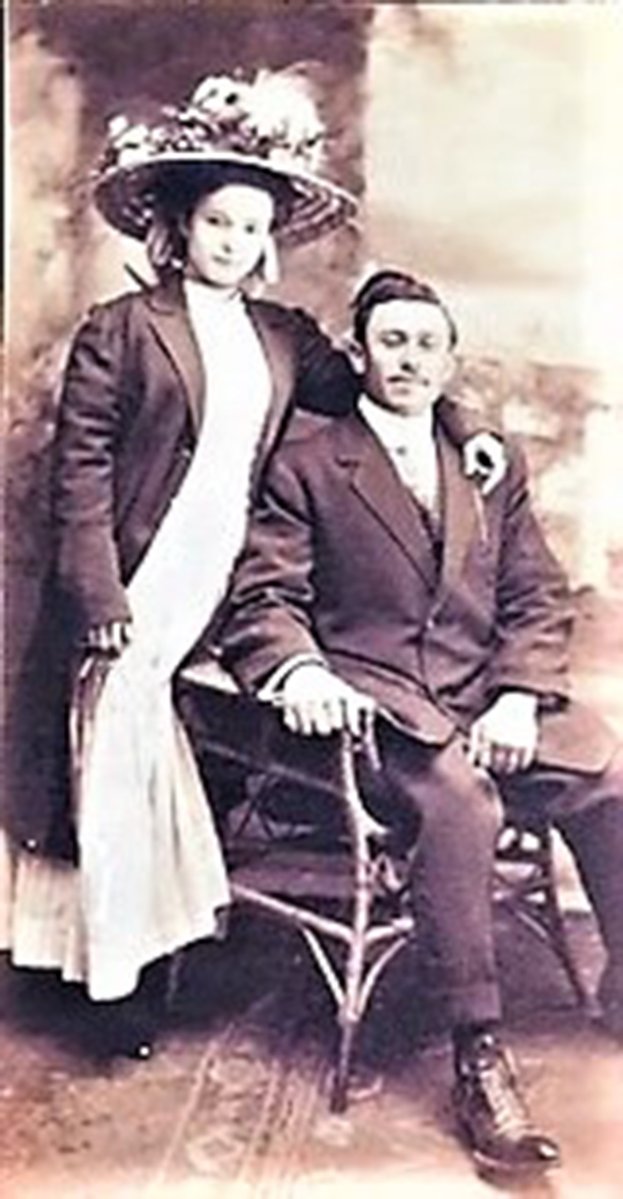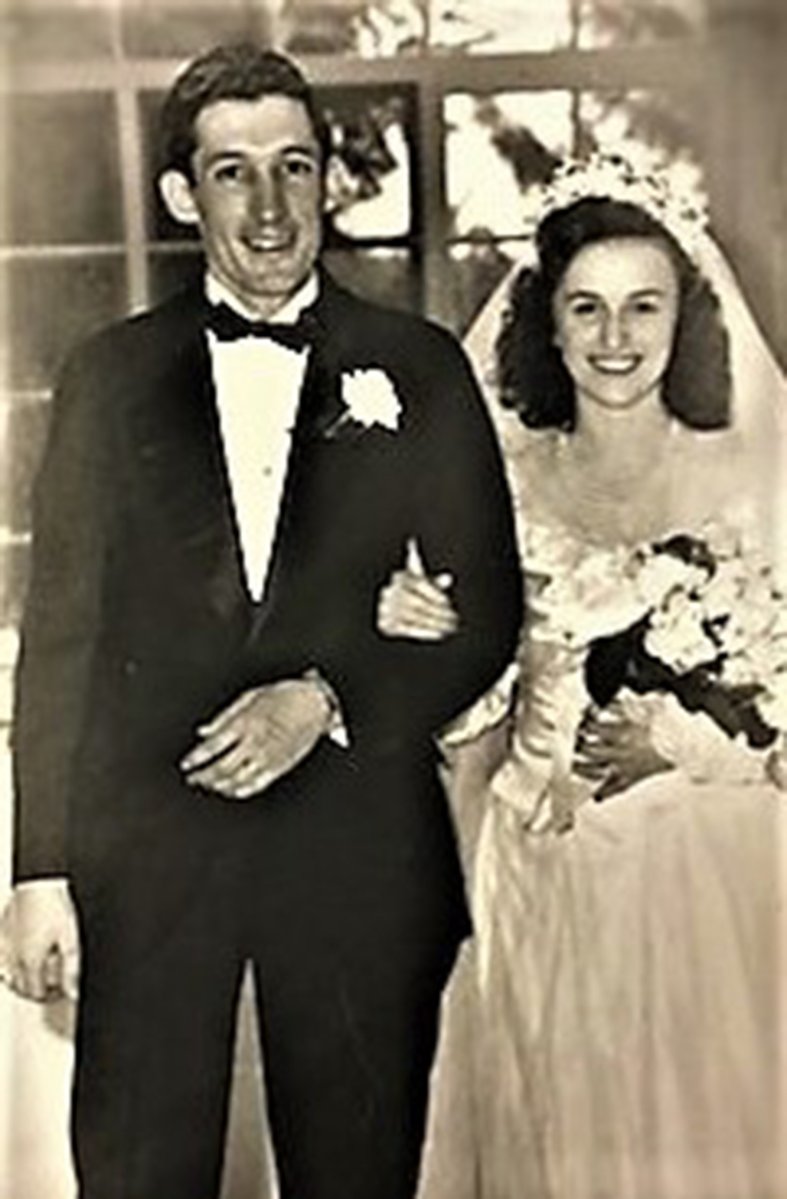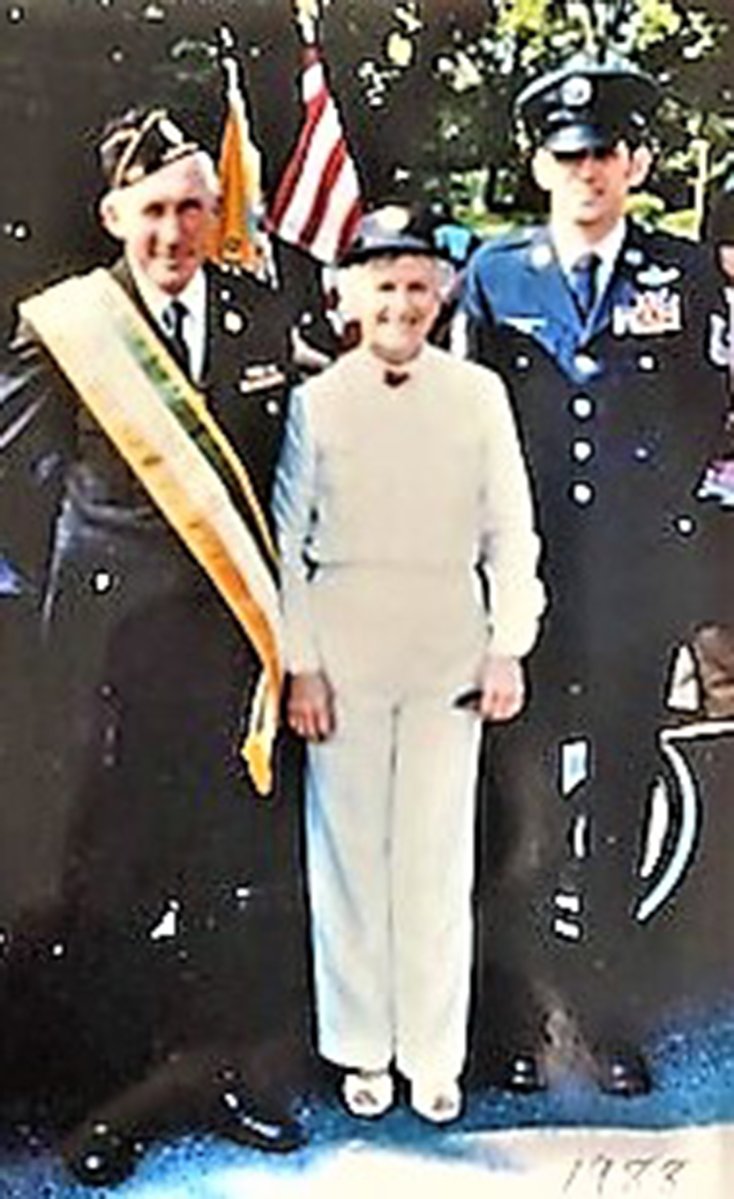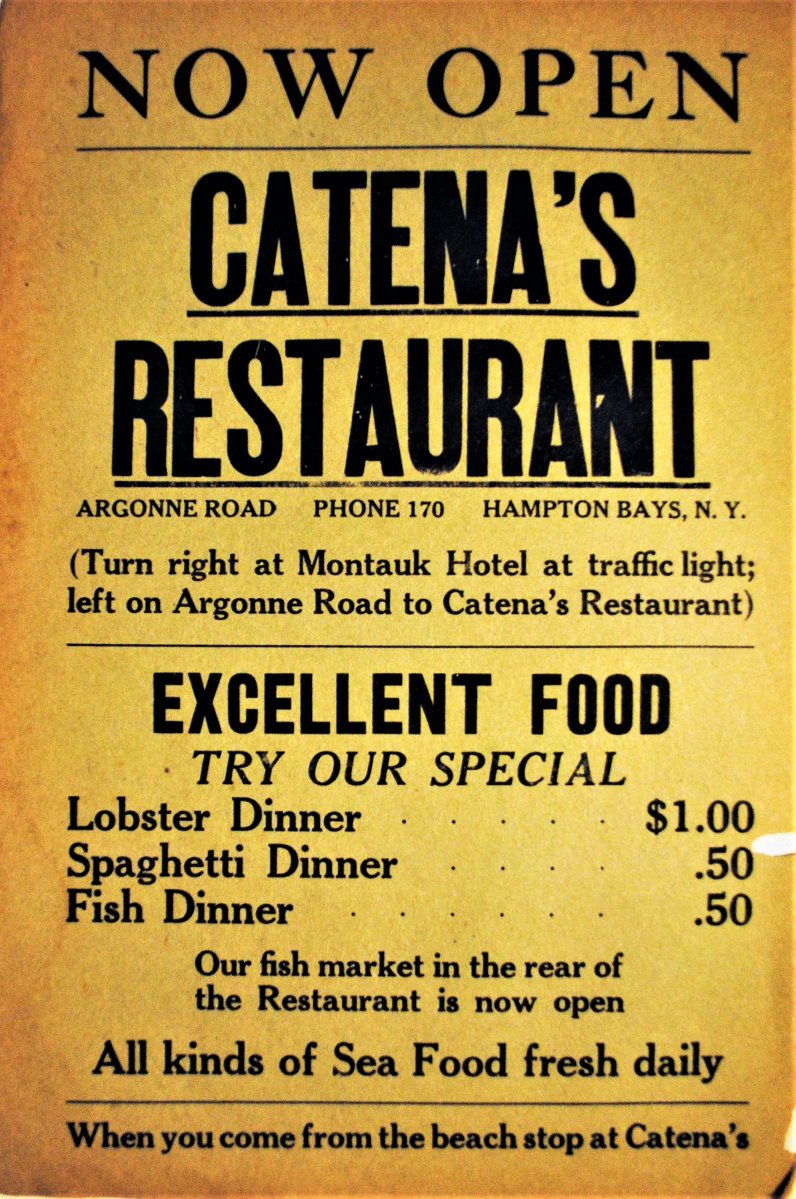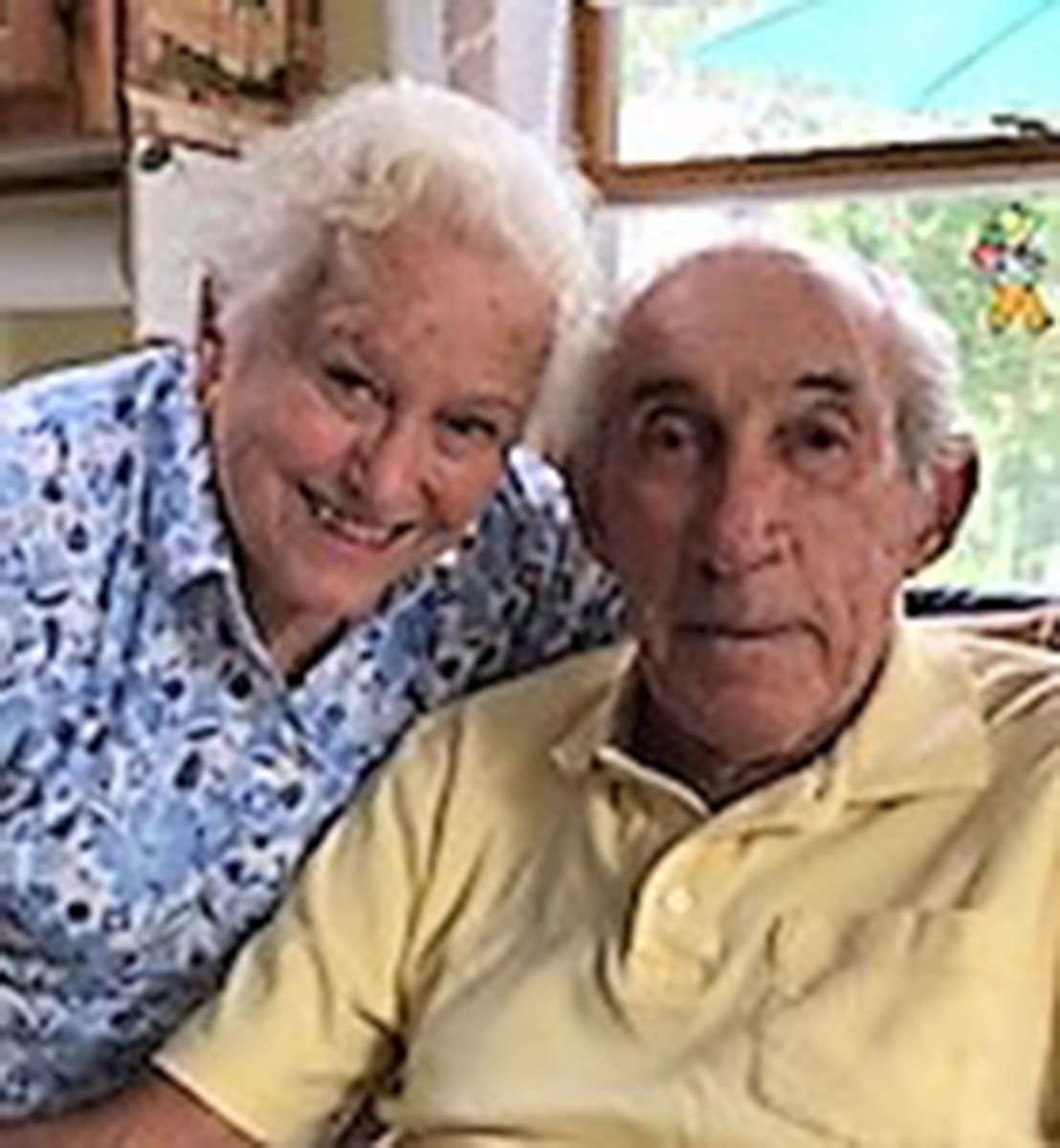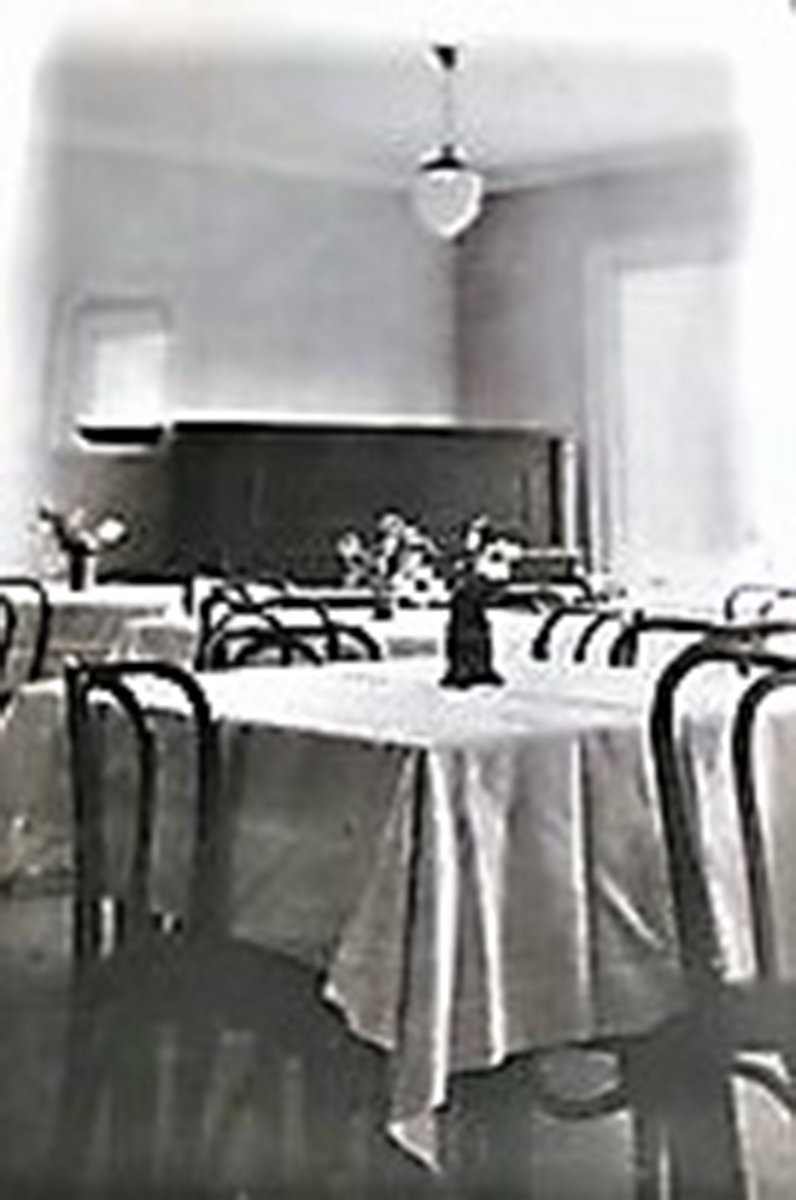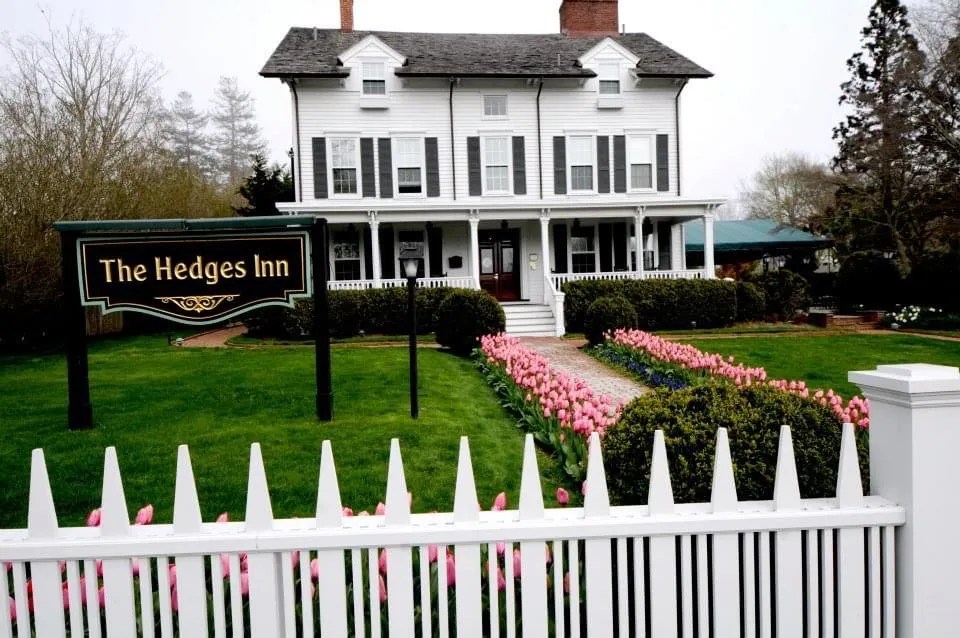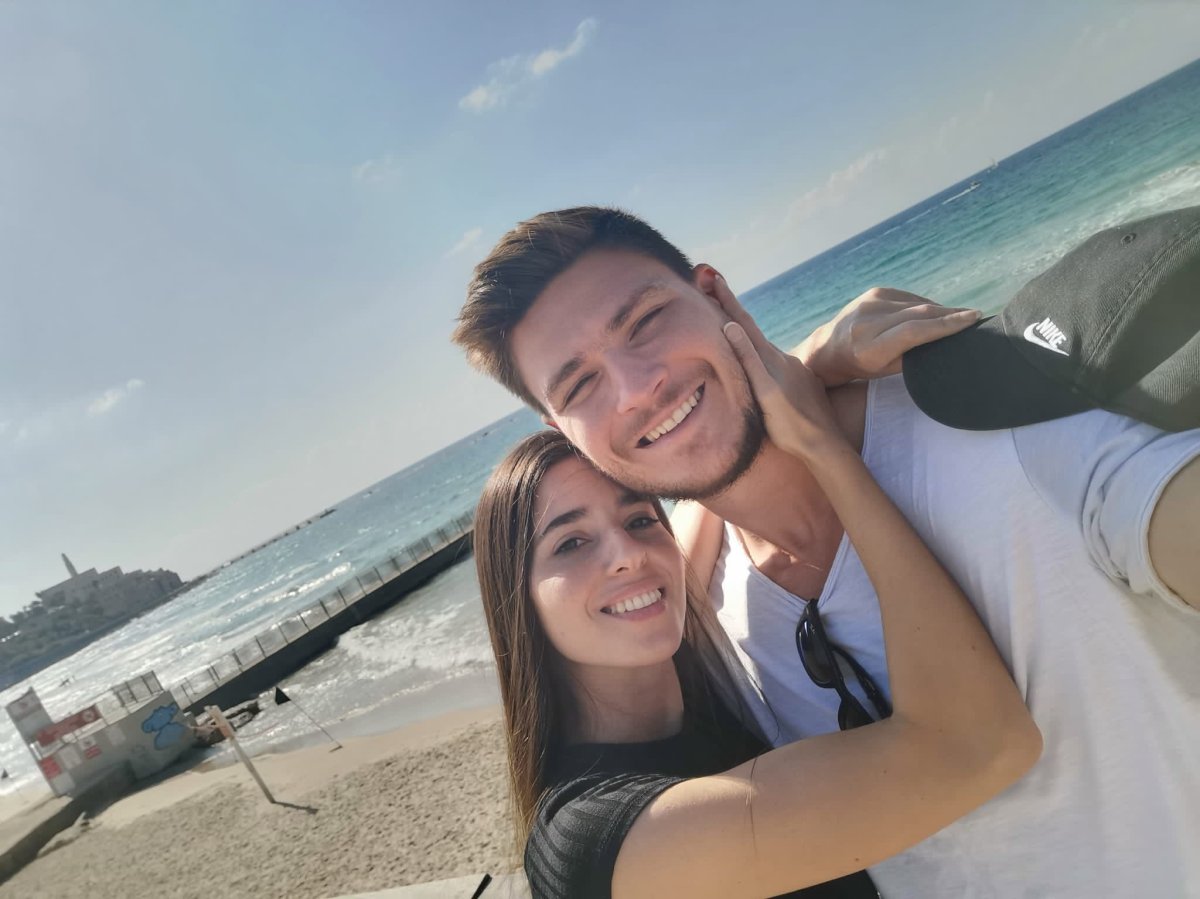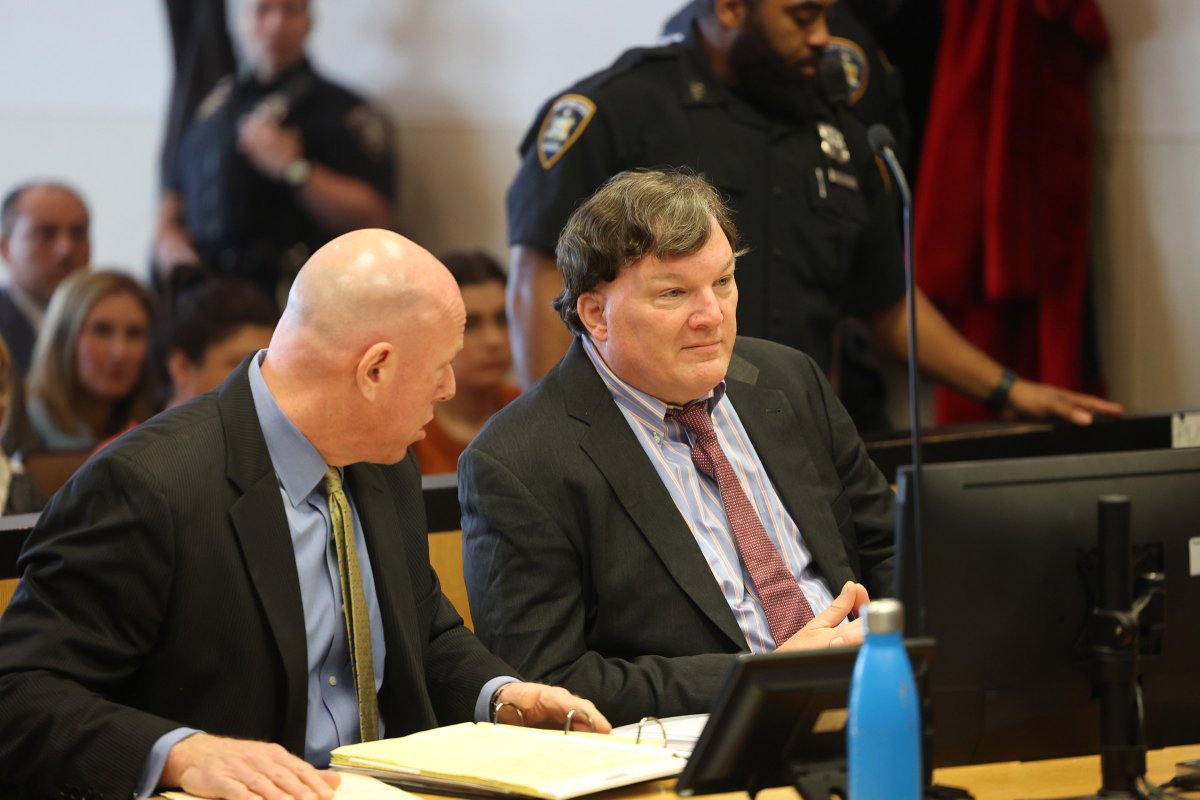A Walk Down Memory Lane With Sylvia Catena Smith
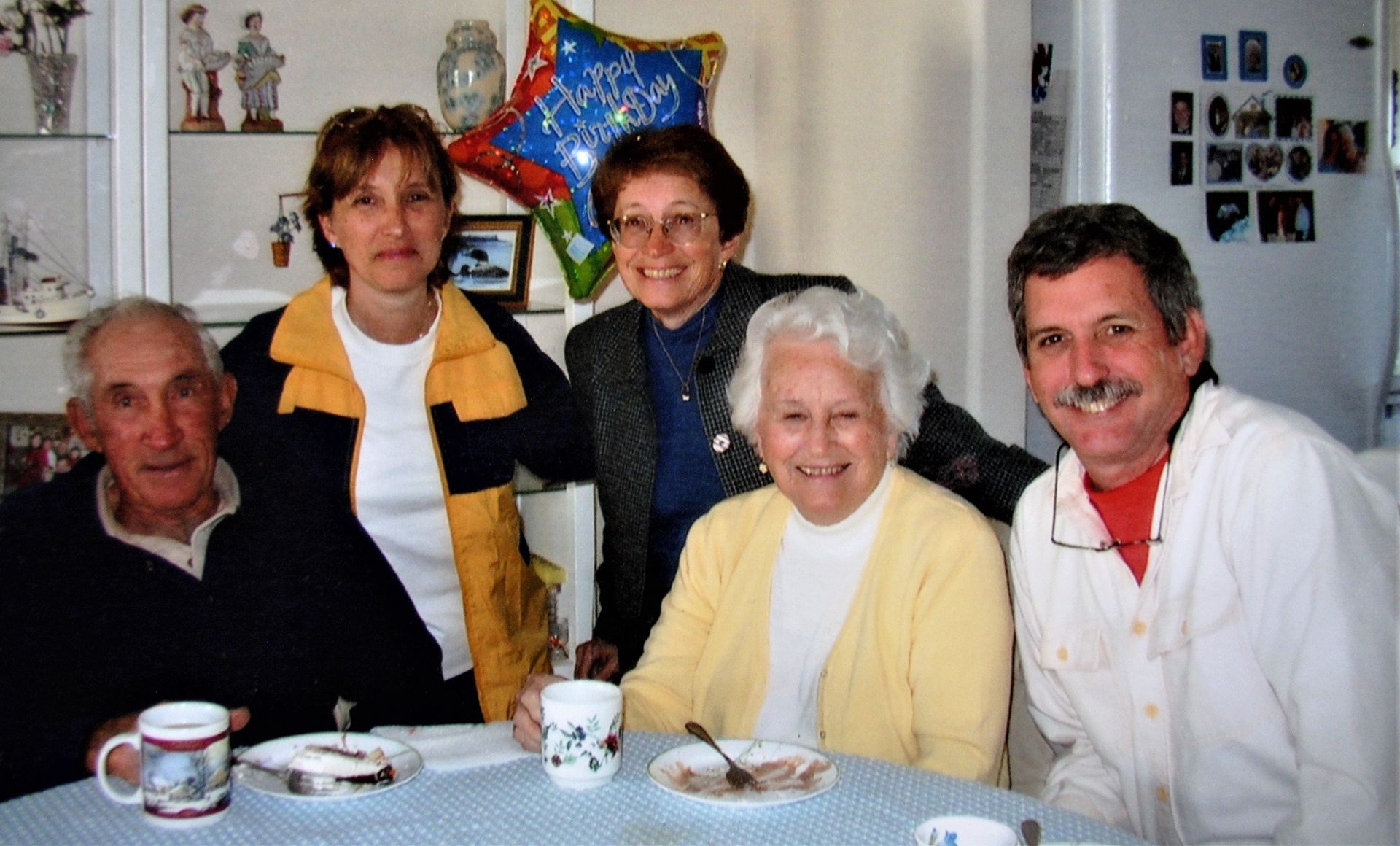
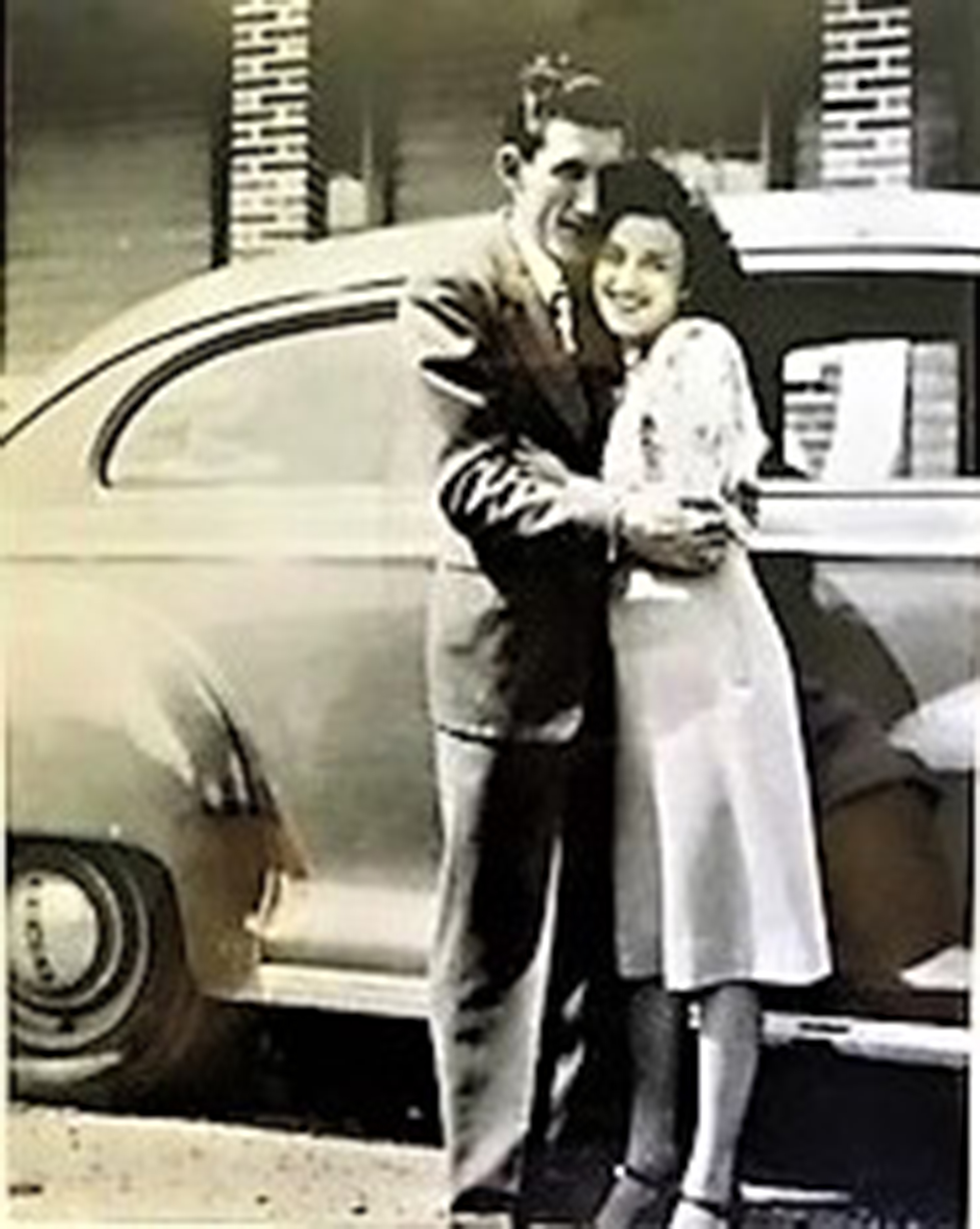
“I enjoy life,” stated Sylvia Catena Smith with conviction. “I’ve slowed down a little but I’m still active in the community and enjoy going for a walk and stopping to talk to the friends I’ve made along the way.” At 94, Catena Smith is one of the few remaining charter members of the American Legion Ladies Auxiliary and the Catholic Daughters of the Americas in Hampton Bays.
One of five children to Silvio and Juliet Catena, Catena Smith proudly spoke about her father’s arrival in the United States. “My father was born in Italy on the island of Ponza. His father was a sea captain on a sailing ship. He was working as a cabin boy on one of the ships when he decided to come to America. I don’t think he was even 17 years old. He found a job working on a road crew building roads in the Bronx. He learned to use explosives to clear the rocks for the roads to be built. There weren’t many roads at that time. They were mostly gravel and dirt,” she explained.
“My father did anything he could to make a living. He went to dance classes and became so good at it that the owner of the dance studio had him help teach students. He went to school to learn English and became a citizen. He saved money and would go to Ellis Island every weekend to see if any of his fellow Ponzese needed a sponsor. He would vouch for them and help them to get a job. He would also teach them English so that they could get their citizenship just like he did,” she said.
“Sometime around 1905, my father opened a fish market in the Bronx.” Around the same time, he met Juliet and the couple had children. But when a diptheria epidemic struck the area, Catena sent his family out to live with his wife’s relatives in Hampton Bays. “My father commuted every weekend from the Bronx on the train, The Cannonball, to be with his family,” she said.
“On one of his trips he heard about a piece of property on Argonne Road known as the Fanning Property that was up for sale. It cost $500. That was very expensive for that time,” Catena Smith said.
According to Catena Smith, when her father decided in 1913 that he wanted to build a home for his family, things did not go smoothly. “There weren’t any lumber yards in Hampton Bays so my father, my uncle, and my brother took a horse and wagon to Valhalla to buy the lumber. The horse died on the way back and they had to find a place to buy another horse to get the lumber back to be able to build the house.”
Once the house was built, Silvio opened a fish market and converted the garage as a store. “After a while, they opened a restaurant and my brother built the tables, my sisters were waitresses — we all did something. But when the war started, people couldn’t come out for the summers anymore because there was no gas. So my mother closed the restaurant,” she recalled.
One of her earliest memories is with her sisters, Rose and Juliet. “We called my sister Juliet, Jukie. Jukie and I were on a sled. Our dog, Achow, and Rose were pulling the sled. It was loads of fun but probably not so much for Rose since she wound up being the babysitter most of the time. It was Rose’s job to get all five of us ready for school.”
She continued, “One morning, my brother David had a hole in his pants and Rose sewed his pants while they were still on him. She was trying to get it done fast so we weren’t late for school. David had long johns under his pants and when he tried to go to the bathroom in school, he found out that Rose had accidently sewed his pants to the long johns. He had quite a problem.”
Catena Smith added, “Rose was always the last one to be able to get ready. There was a bell tower on top of the school and a man would ring the bell when school was supposed to start. When he stopped ringing the bell, you were late if you weren’t in your classroom. This one morning, Rose is running across the road to school and the man had already started ringing the bell. He saw her and he just kept ringing it until she got all the way in the building so she wouldn’t be late. He was a very nice man.”
She also recalled the day she watched the Shinnecock Lighthouse be demolished, just before Christmas in 1948. “They tried to knock it down but they weren’t able to get it to fall that easily. They wound up setting the inside on fire and it finally collapsed. It was sad, but they blamed it for several shipwrecks including the John Milton, a 145-ton clipper ship from Peru. Sailors would mistake it for the Montauk Lighthouse,” Catena Smith said.
“When I was 10 years old, my father decided that Rose and I should take piano lessons. When I graduated from Sacred Hearts Parochial School in Southampton, I performed a piece on the piano at graduation. Ollie Gessner, the organist from St. Rosalie’s Church, was in the audience and suggested to my mother that I should learn to play the organ. At 13 years old, I began playing the organ at Christmas High Mass, and played for the adult and youth choirs. I played the organ at St. Rosalie’s for 67 years. I retired in 2005 when I was 80 years old. I was replaced by a guitar group,” she said.
Married to Francis C. Smith, known to everyone as Smitty, Sylvia and Smitty met in 1946 while he was still in the service. A highly decorated and Purple Heart World War II veteran, Smitty and Sylvia were married on April 20, 1947. “We went to Washington D.C. on our honeymoon. Smitty didn’t have a car so we borrowed my father’s car and we drove down. I remember the cherry blossoms were in full bloom. They were beautiful and we were in love. Everything was new to us.”
Sylvia and Smitty have three children, Sharon, Sylvia and David. The Smiths have six grandchildren and 10 great grandchildren. “I am proud of all of the children. They are all wonderful,” she said.
When Sylvia reflects back again she admits that she misses her music. “Having an aging esophagus and having been replaced by concert organists and pianists, I can only reflect on my memories. I guess that’s part of old age which I must accept whether I like it or not. My hubby and I enjoy each other so much. Sometimes when I play Smitty’s favorite songs, I often think that my mom knew what she was doing when she went to all the expense and trouble to have me take lessons, especially in times of Depression and war. Now whenever I play “Chopsticks”, I can hear mom saying, ‘Sylvia, that’s not your music lesson.’ God bless my mom, for I have enjoyed my talent more than can be said.”
valerie@indyeastend.com
